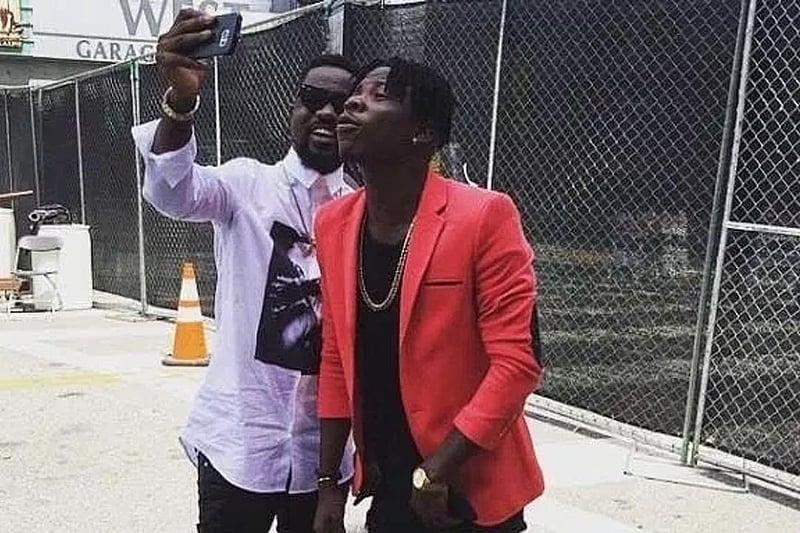The rise of social media platforms initially promised a democratized space for communication, a virtual town square where everyone, including celebrities, could engage in open dialogue. However, this idealistic vision has warped into a dystopian reality, particularly in Ghana, where the very tools designed to amplify voices now serve as instruments of public shaming, coercion, and the erosion of personal freedoms. Ghanaian celebrities, once revered figures, now navigate a treacherous landscape of fan expectations and political pressures, constantly threatened by the volatile nature of online mobs and the ever-present fear of “cancel culture.”
This double-edged sword of social media presents a stark contrast: the potential for empowerment versus the reality of entanglement. While platforms like X (formerly Twitter), Facebook, and Instagram offer celebrities opportunities for self-promotion, fan engagement, and brand endorsements, they also expose them to relentless scrutiny and a constant demand for conformity. The veneer of likes and shares masks a darker undercurrent of online toxicity, where celebrities are pressured to take public stances on every issue, facing immediate backlash if they deviate from popular opinion or choose to remain neutral. This compels a self-censorship that stifles authentic expression and transforms platforms meant for free speech into echo chambers of enforced consensus.
The shift towards this hostile environment began subtly. In 2015, Yvonne Nelson’s #DumsorMustStop campaign, while successful in raising awareness about power outages, also highlighted the nascent intolerance brewing within the online sphere. Comedian Oscar David’s public opposition to the campaign triggered a wave of cyberbullying that forced him to retract his statements, setting a precedent for the silencing of dissenting voices. This incident marked a turning point, demonstrating the power of online mobs to intimidate and coerce public figures into aligning with the prevailing narrative, regardless of their personal beliefs.
The pressure on celebrities intensified further with the #FixTheCountry movement in 2021. Silence was no longer an option; it became a sign of complicity, punishable by career sabotage. Celebrities were compelled to publicly support the movement,lest they face boycotts, cancelled shows, and a torrent of online abuse. This pressure escalated in 2024 with the #StopGalamsey protests, which transitioned from online activism to physical demonstrations, blurring the lines between digital and real-world consequences. The refusal to participate in these protests translated into public shaming and tangible repercussions, solidifying the expectation of unwavering public support for popular causes.
The cases of Sarkodie and Stonebwoy exemplify the precarious position of Ghanaian celebrities caught in this web of social and political pressures. Sarkodie, known for his apolitical stance, faced criticism for not openly opposing the government during the 2024 elections. Despite his history of avoiding partisan politics, a few lines in his music alluding to social hardships were interpreted as political commentary, sparking another wave of online attacks and calls to boycott his shows. Stonebwoy, on the other hand, was targeted for his neutrality. Despite focusing on social causes rather than political affiliations, he became the subject of online vitriol and boycott campaigns simply for maintaining his independence and charging for his performances, a standard practice for any artist.
This climate of enforced conformity and online harassment demands a fundamental change in how we interact online. The current environment discourages nuanced dialogue and penalizes independent thought, creating a chilling effect on free expression. Moving forward, it is crucial to cultivate a culture of empathy, respect, and constructive conversation. The right to free speech, including the right to remain silent, must be protected for everyone, especially public figures who are disproportionately targeted. Only by fostering an online environment that values diverse perspectives and protects individual freedoms can we truly harness the potential of social media for positive change. The alternative is a digital landscape dominated by mob mentality, where conformity is rewarded and dissent is silenced, ultimately undermining the democratic principles social media was intended to promote.


